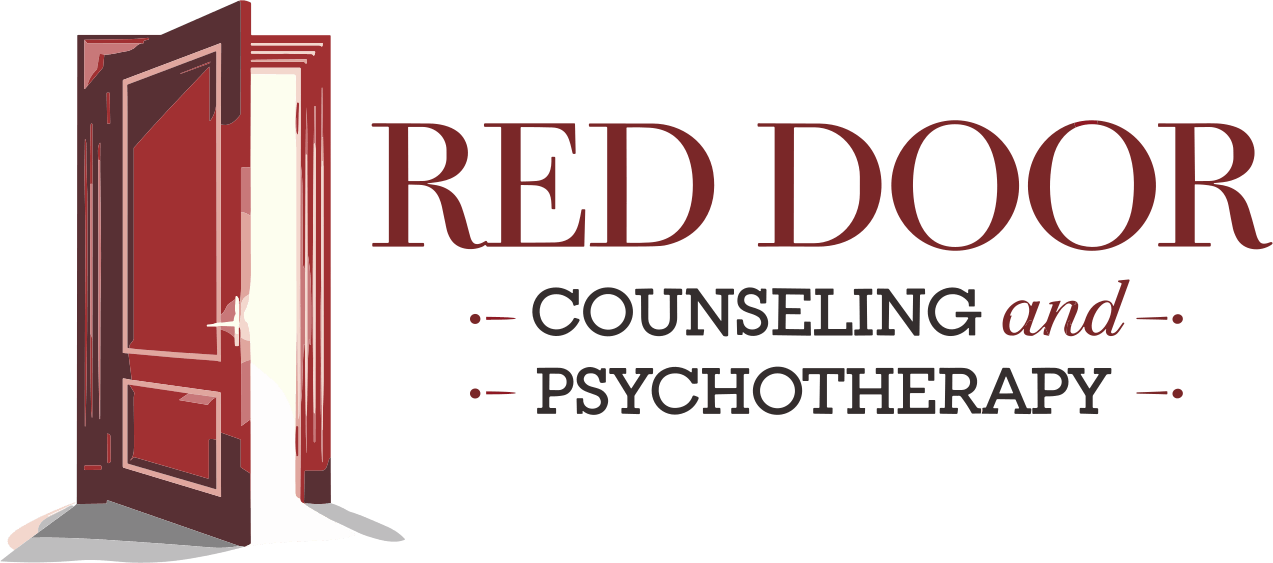
The Impact of Childhood Trauma and Mental Health
Childhood trauma encompasses a range of adverse experiences that occur during childhood, including abuse, neglect, family dysfunction, and other forms of maltreatment. The effects of childhood trauma can reverberate throughout a person’s life, influencing their emotional, cognitive, and interpersonal functioning well into adulthood. From a person-centered perspective, which emphasizes the individual’s innate capacity for growth and self-actualization, it is crucial to recognize the profound impact that childhood trauma can have on adult mental health. The following aims to explore the complex interplay between childhood trauma and adult mental health from a person-centered lens, highlighting the importance of empathy, unconditional positive regard, and genuineness in therapeutic interventions aimed at healing the wounds of the past.
Understanding Childhood Trauma:
Childhood trauma can take many forms, including physical, emotional, and sexual abuse, neglect, witnessing domestic violence, and experiencing parental substance abuse or mental illness. These experiences disrupt a child’s sense of safety, security, and trust in others, leading to profound psychological and emotional distress. From a person-centered perspective, it is essential to acknowledge the unique subjective experiences of individuals who have endured trauma, recognizing that each person’s response to trauma is shaped by their own perceptions, beliefs, and coping mechanisms.
The Impact of Childhood Trauma on Adult Mental Health:
- Psychological Consequences: Childhood trauma is strongly associated with the development of various mental health disorders in adulthood, including depression, anxiety, post-traumatic stress disorder (PTSD), borderline personality disorder (BPD), and dissociative disorders. Individuals who have experienced trauma during childhood often struggle with low self-esteem, feelings of worthlessness, and a pervasive sense of shame and guilt. These psychological symptoms can significantly impair their ability to function in daily life and form healthy relationships.
- Emotional Dysregulation: Childhood trauma can disrupt the development of emotional regulation skills, leading to intense and unpredictable emotional responses in adulthood. Many survivors of childhood trauma experience overwhelming emotions such as anger, fear, sadness, and shame, which they may struggle to manage effectively. From a person-centered perspective, it is crucial to provide a supportive and nonjudgmental space for individuals to explore and process their emotions, fostering greater self-awareness and emotional resilience.
- Attachment Issues: Childhood trauma can profoundly impact an individual’s attachment style and their ability to form secure and healthy relationships in adulthood. Survivors of childhood trauma may struggle with trust issues, fear of intimacy, and difficulty establishing boundaries in relationships. Person-centered therapy emphasizes the
- importance of creating a safe and empathic therapeutic relationship characterized by unconditional positive regard and genuine acceptance, which can help individuals heal relational wounds and develop more secure attachment patterns.
- Cognitive Distortions: Childhood trauma can distort a person’s core beliefs about themselves, others, and the world, leading to negative cognitive schemas that perpetuate feelings of inadequacy, distrust, and hopelessness. From a person-centered perspective, therapy aims to facilitate the exploration and reconstruction of these maladaptive beliefs, promoting greater self-acceptance, self-compassion, and cognitive flexibility.
- Survival Strategies: Many individuals who have experienced childhood trauma develop adaptive coping mechanisms to survive and cope with adversity. These strategies may include avoidance, dissociation, numbing, and hyperarousal responses, which can persist into adulthood even when they no longer serve a protective function. Person-centered therapy provides a supportive and validating environment for individuals to explore and understand their coping mechanisms, helping them cultivate healthier and more adaptive ways of coping with distress.
Healing Childhood Trauma through Person-Centered Therapy:
Person-centered therapy offers a compassionate and empathic approach to healing childhood trauma, emphasizing the therapeutic conditions of empathy, unconditional positive regard, and genuineness. In person-centered therapy, I serve as a facilitator of the client’s self-exploration and growth, providing a safe and nonjudgmental space for the client to process their experiences, express their emotions, and develop a deeper understanding of themselves.
- Empathy: Empathy lies at the heart of person-centered therapy, and I strive to deeply understand and empathize with the client’s subjective experience of trauma. By acknowledging and validating the client’s emotions, thoughts, and struggles, I help create a sense of safety and trust that is essential for healing.
- Unconditional Positive Regard: Unconditional positive regard involves accepting and valuing the client as a person of worth, regardless of their past experiences or current struggles. I offer genuine acceptance, respect, and nonjudgmental support to clients as they navigate their healing journey.
- Genuineness: Genuineness refers to the therapist’s authenticity and transparency in the therapeutic relationship. By being genuine and congruent in my interactions with clients, I hope to create an atmosphere of honesty, openness, and trust that encourages clients to explore their inner experiences without fear of judgment or rejection.
- Client-Centered Approach: Person-centered therapy is inherently client-centered, prioritizing the client’s autonomy, self-direction, and inner wisdom in the therapeutic process. I collaborate with clients to identify their goals, values, and strengths, empowering them to take an active role in their healing and growth.
- Emotional Processing: Person-centered therapy provides a supportive and validating space for clients to explore and process their emotions related to childhood trauma. I help clients develop greater emotional awareness, acceptance, and regulation skills, enabling them to cope more effectively with distressing emotions and experiences.
Childhood trauma can have profound and long-lasting effects on adult mental health, shaping individuals’ thoughts, feelings, behaviors, and relationships in complex ways. From a person-centered perspective, therapy offers a compassionate and empowering approach to healing childhood trauma, emphasizing the importance of empathy, unconditional positive regard, and genuineness in facilitating the client’s self-exploration and growth. By providing a safe and validating space for clients to process their experiences, express their emotions, and develop a deeper understanding of themselves, therapy helps survivors of childhood trauma reclaim their sense of agency, resilience, and well-being.
